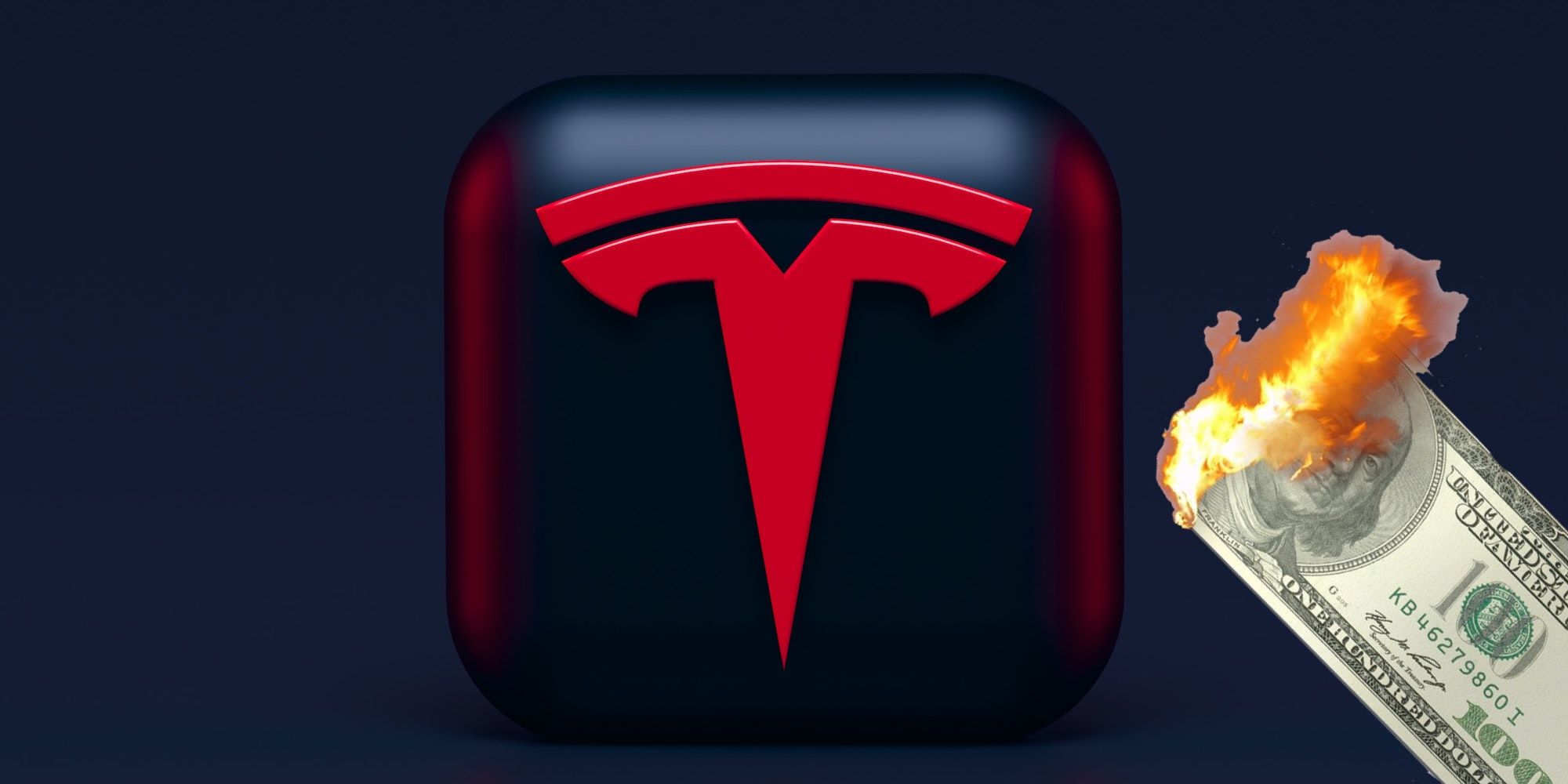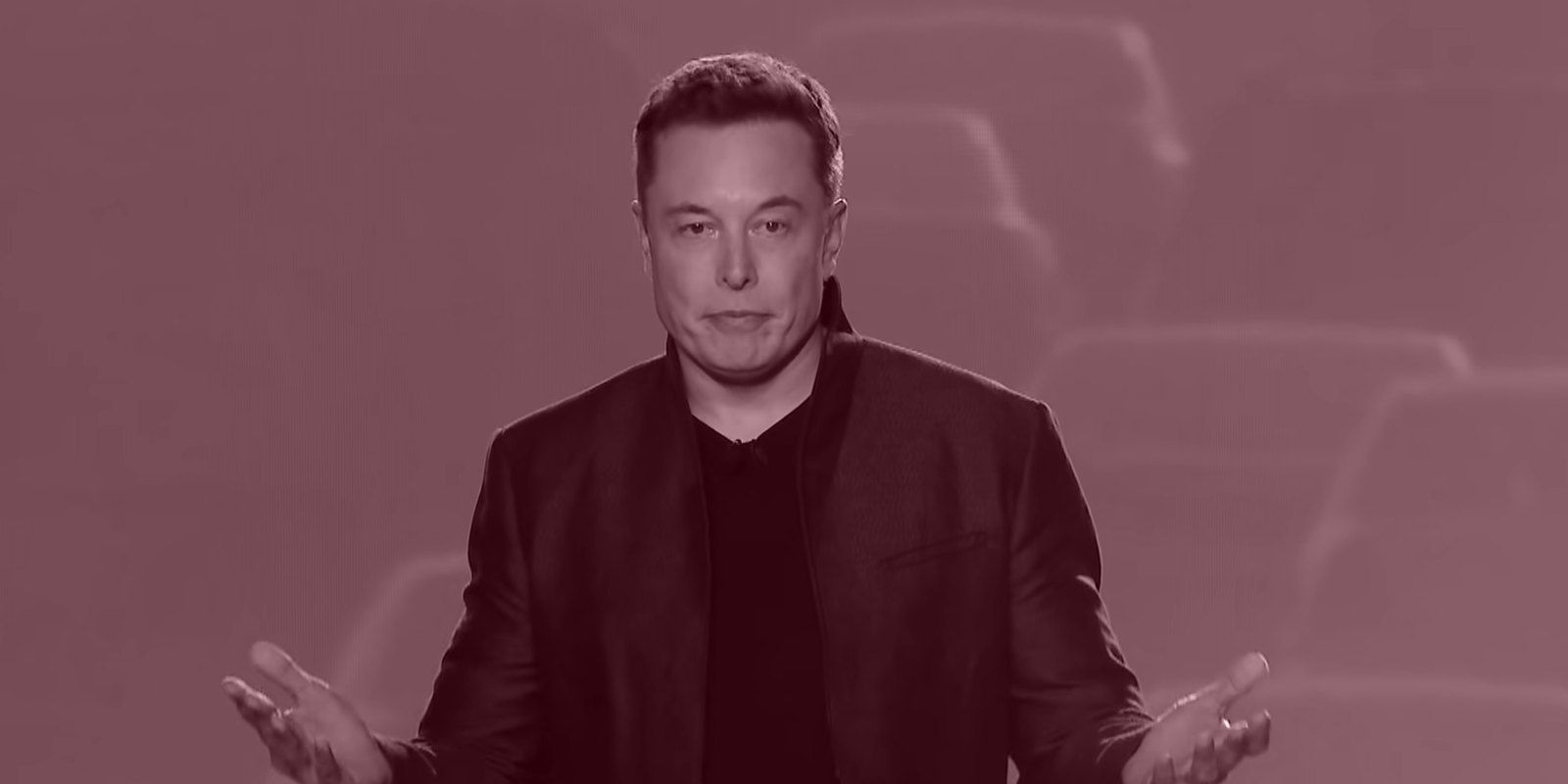Tesla shares have plunged dramatically in the wake of Elon Musk’s blockbuster Twitter acquisition, wiping out nearly $114 billion from the company’s market cap. While the drop is massive, it is not hard to fathom why this is happening. Ever since Twitter accepted Musk’s “best and final” offer of selling the company at $54.20 per share, there was almost an instantaneous wave of speculation regarding his ability to run a social media platform that was never a Wall Street darling in the first place. But more than Twitter’s bleak financial forecasts and the doldrum state of its ad business, a major concern is whether Musk can still discharge his Tesla duties effectively while adding another company to his portfolio.
Aside from leading Tesla, Musk is currently the head of SpaceX, the world’s largest private space transportation company. Neuralink wants to usher in a new age of human-machine neural interface under Musk’s leadership, while The Boring Company has revived its Hyperloop dreams. SpaceX is also entering a new business avenue after inking deals with JSX and Hawaiian Airlines to commercially provide low-latency in-flight Wi-Fi services via its Starlink satellites in the low-Earth orbit. Needless to say, Musk’s itinerary as a leader is jampacked, and adding Twitter – with all its social media problems in tow – is simply an open invitation to corporate spillover. Plus, press coverage regarding Musk’s Twitter takeover hasn’t really been forgiving.
And it appears that Tesla investors are going to feel the sting of all that uncertainty and unending waves of speculation. According to a report from The Washington Post, the share price of Tesla plunged by a margin of over 12 percent, wiping off more than $100 billion from the company’s market capitalization. That’s more than twice what Musk paid for Twitter. Musk’s own massive personal wealth is tied overwhelmingly to shares in Tesla, so his own net worth was reduced by over $25 billion following the crash. Moreover, since Musk’s financing plan for acquiring Twitter included raising nearly $21 billion in equity against his own Tesla stake, he might have to offload more Tesla stocks in his arrangement with the banks to make up for the share price deprecation.
A Nightmare Of Worries For Tesla Investors
But the most important question is whether Tesla investors should be worried. For the most part, the answer is yes. Tesla has seen impressive growth in the past few quarters, reaching record production numbers and seeing its revenues soar to new heights. However, Musk’s whirlwind purchase of Twitter has shaken things up. Experts suggest that Musk may have bitten off more than he can chew with Twitter, especially when it comes to boosting free speech at all costs and the content moderation storm that it will stir. “Tesla shareholders can’t be happy that Musk will have to divert even more attention away from winning the electric-vehicle race,” Oanda analyst Edward Mota was quoted as saying by Forbes. There is also some historical precedent worth considering here. In the past, Musk’s decisions to offload his Tesla stocks have sent the company’s Wall Street fortunes into a tizzy, with the most recent example being his stock sale stunt for paying taxes.
But the worries for Tesla investors don’t end there, and actually go far beyond Musk’s plate being full. Musk has already made bold promises for Twitter, both before and after his $44 billion purchase. Aside from developing new and meaningful features, the Tesla chief wants to open-source the algorithm, combat the menace of bots, and above all, allow free speech to prosper. The latter is a slippery slope because it also opens the doors for toxic and misleading information to gain more fervor on the platform. It would also mean undoing years' worth of content moderation progress made by Twitter, however small it may have been. Musk can’t do it alone, but his recent attacks on Twitter’s board members have created an atmosphere of uncertainty among Twitter employees.
As per an Insider report, an employee exodus is very much a possibility. Above all that, there is the pressure of making money from Twitter to repay the loans and not driving it into the ground. The final piece of the puzzle is Musk’s own controversial history with Twitter and how it is tied to his Tesla shenanigans with all that hostile SEC intervention in the past. For better or worse, Tesla’s fortunes are now more closely tied to Twitter than ever, and that should definitely worry investors. Of course, Musk can always renege on the deal and get away after paying a fine of $1 billion to focus on Tesla, but that would be out of character, especially after making tall claims to fix Twitter.
Source: The Washington Post, Forbes, Insider


